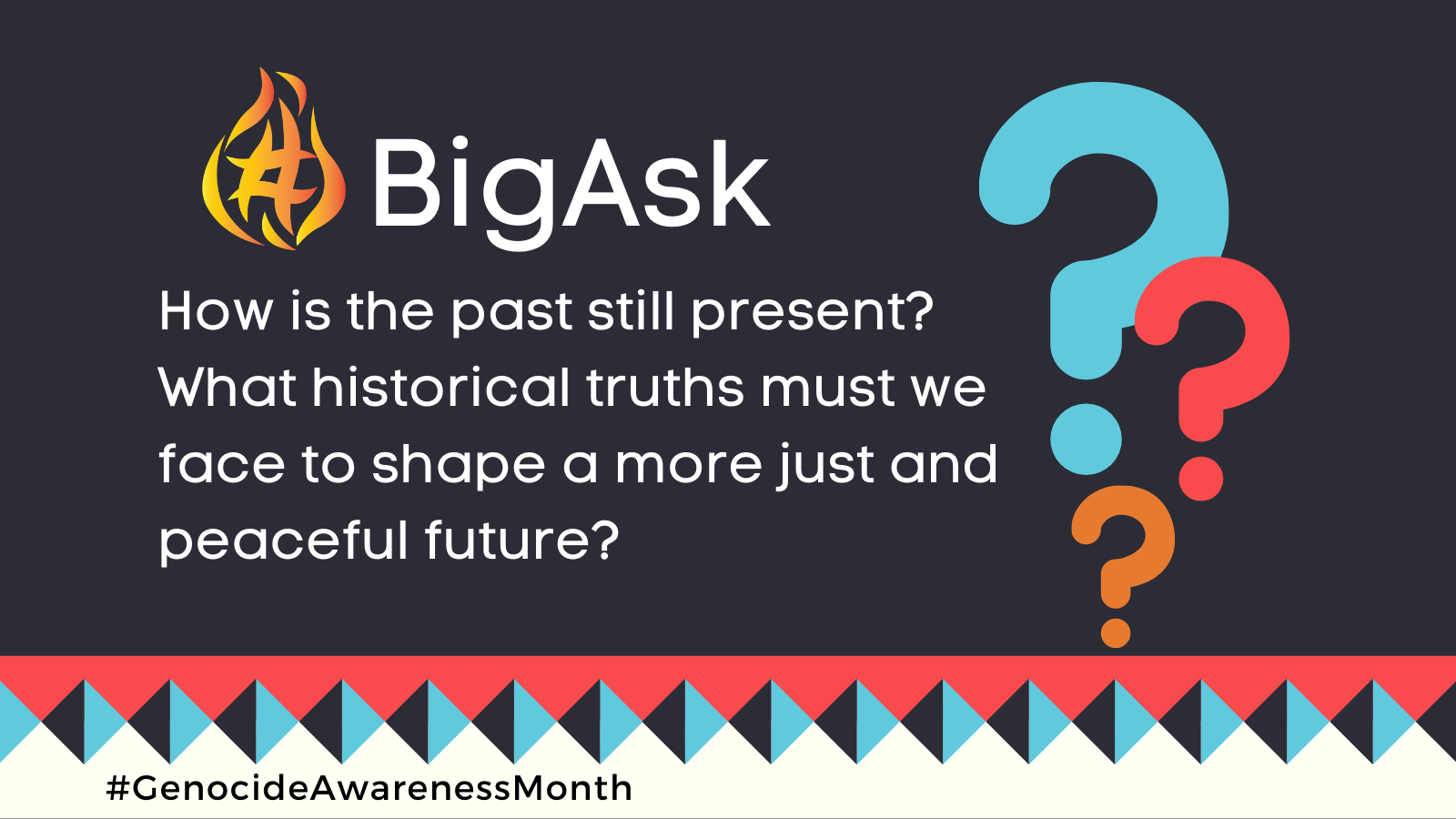A key step towards healing is acknowledging the past. Why do so many countries refuse to do so?
By Hulan Edward, TWR Fellow ‘20
The idea that a state needs to apologize for its wrongdoings is brought up in a 2016 article published by The Conversation titled, “Should a Nation Apologise for the Crimes of Its Past?” The author, Tom Bentley (a teaching fellow in the Politics and International Relations Department at the University of Aberdeen), argues that a state should apologize for its past to spark a conversation geared toward achieving a better modern-day. This point is reiterated in a variety of articles and discussions on this topic in the media pertaining to the past atrocities of nations all around the globe.
The concept seems simple, and it is, but internationally, governments fail to adhere to it when it comes to acknowledging past and current atrocities. Many people around the world debate whether apologies are necessary for past governmental wrongs and whether apology and acknowledgment are enough to repair those damages. While a state simply acknowledging their past wrongs is not enough, it is a start to the conversation that moves that nation toward reparation, reconciliation, and healing - in fact, their acknowledgment should necessitate a conversation moving toward those values.
It is important to note that this issue does not only relate to one country or one ethnicity. Rather, it is a problem shared by governments guilty of inflicting harm on various groups of people throughout history. For example, the United States has failed to truly publicly recognize the harms committed against Native Americans in the past, despite the 2010 “Apology to Native Peoples of the United States” by the government which stemmed from a bipartisan resolution passed in the Senate in 2009. The apology lacked true responsibility, was not as public as was needed to stimulate conversation at the time, and has not produced any further conversation in how to fix the wrongs perpetrated against Native Americans. It also had no intention to make reparations and offered no action items that could be addressed to take steps toward a better future for Native Americans. While they acknowledged that wrongs were committed, the government failed to make their apology productive for repairing the past that still allows for harm in the present.
Many people feel as though these apologies from politicians are empty and without actual weight is shifting toward reparation for past wrongs. It is important to ensure that the apology and acceptance of blame are authentic and public. At the same time, acknowledgment is far from enough. Governments need to use their apologies as avenues that start conversations victims of these crimes have been trying to have forever. Whether it be a discussion about slavery, the Holocaust, the Armenian Genocide, or the U.S’s Genocide against Native Americans, the discussion needs to be had and blame needs to be accepted by governments (and some have), on behalf of the state and its citizens, to truly take the first step in the right direction toward reparation, reconciliation, and healing.
Hulan Edward is a second-year student-athlete at Oberlin College and Youth Action Fellow at Together We Remember. He plans on majoring in Psychology, while minoring in Religion and Politics, focusing on helping the world through better understanding people’s religious and political beliefs.
Banner Image Source: https://www.bostonglobe.com/opinion/2015/03/09/why-does-turkey-continue-deny-armenian-genocide/rV7dcOXxrDb7wz01AoXgZM/story.html
References:
https://www.npr.org/templates/story/story.php?storyId=113728438
https://theconversation.com/should-a-nation-apologise-for-the-crimes-of-its-past-66525
https://www.ictj.org/publication/more-than-words-apologies-form-reparation
https://www.thoughtco.com/the-us-apologized-to-native-americans-3974561


